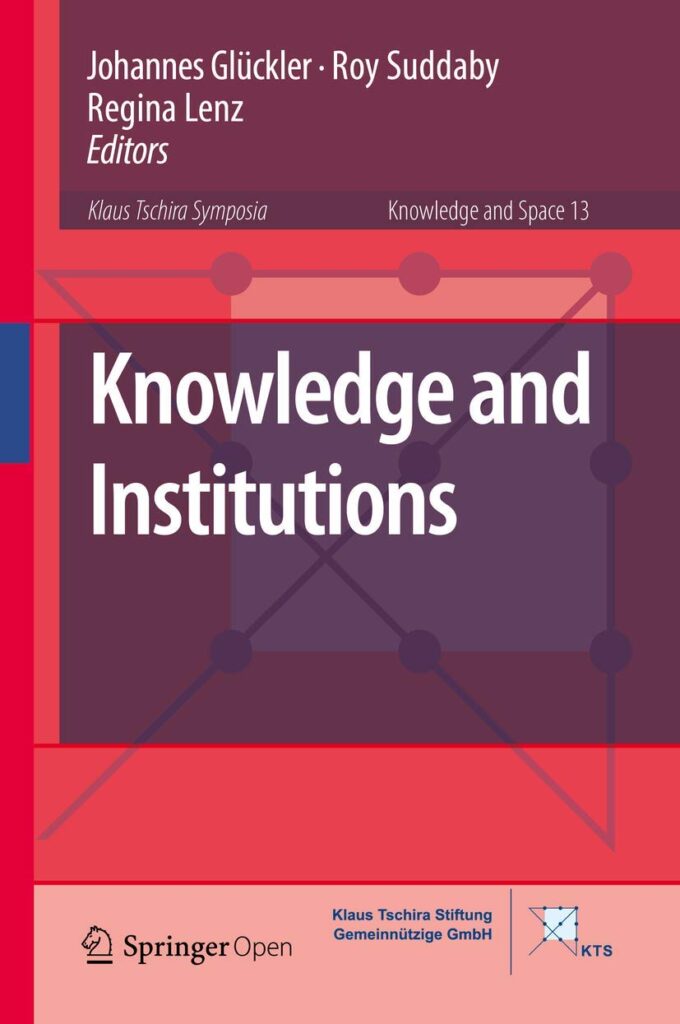Scholarship on institutions across the social sciences faces a set of fundamental dilemmas. On the one hand, it needs to explain how institutions change. Yet explanations of change which point to external factors run the risk of reducing institutions to a mere transmission belt for other, more fundamental causes. On the other, it needs to explain how institutions can have meaningful consequences. Yet in practice it is often hard to distinguish the institutions that cause a particular behavior from that behavior itself. In this chapter, the author shows how, these dilemmas affect the relatively discrete approaches to institutions offered by rational choice, historical institutionalist and sociological institutionalist accounts. He map out the different ways in which authors have sought to resolve these dilemmas and then briefly outlines an alternative approach that borrows from evolutionary theory and an understanding of institutions as congregations of beliefs to offer a better answer to these problems.
Henry Farrell, “The Shared Challenges of Institutional Theories: Rational Choice, Historical Institutionalism, and Sociological Institutionalism,” Knowledge and Institutions, eds. Johannes Glückler, Roy Suddaby and Regina Lenz (Springer 2018).
